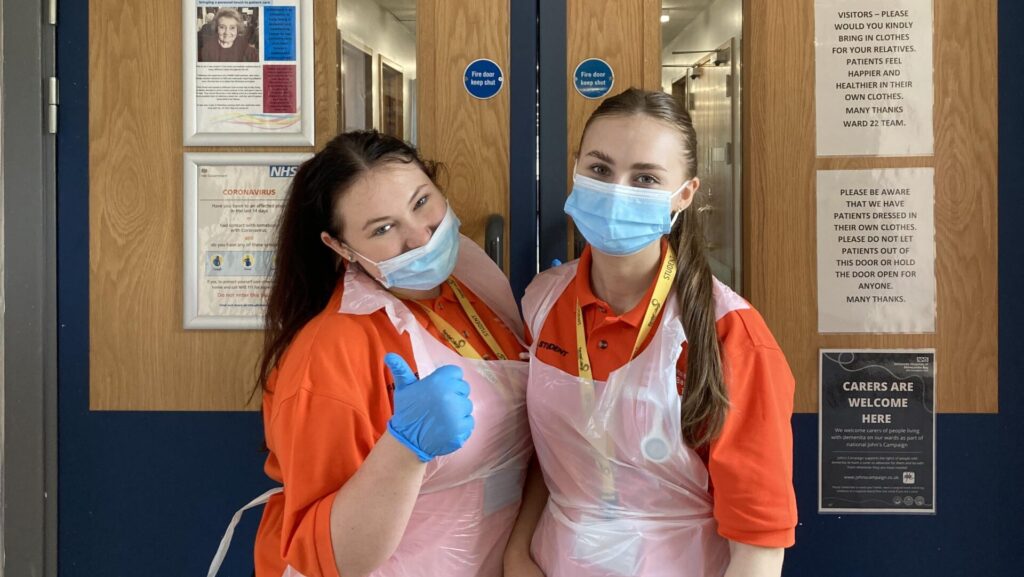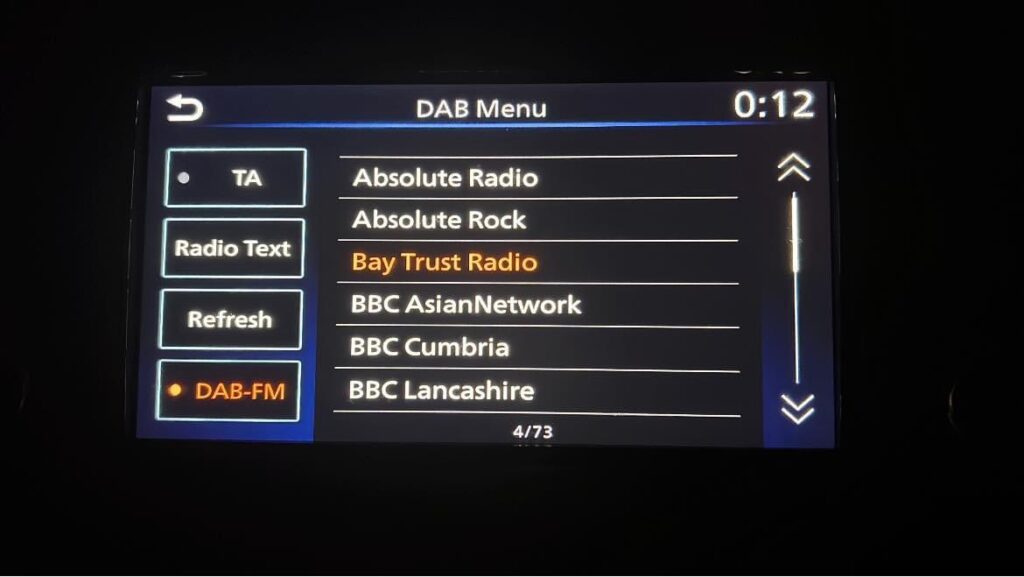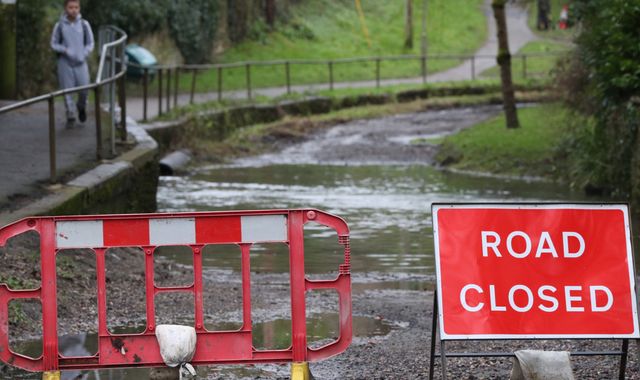COVID-19: UK to look ‘very carefully’ at vaccine dosing after concerns raised over level of protection
Written by News on 20/01/2021
The UK will need to look “very carefully” at new data from Israel which suggests protection provided by the first dose of the Pfizer/BioNTech vaccine is lower than had been found in trials, the government’s chief scientific adviser has told Sky News.

Sir Patrick Vallance said the government would “just need to keep measuring the numbers” as the vaccine is rolled out across the UK.
Live COVID news from UK and around the world
Answering questions from Sky News viewers, Sir Patrick was asked about an analysis from Israel, where the Pfizer jab has been rolled out the fastest.
That study suggested the effectiveness of the vaccine after a single dose was as low as 33% – rather than the 89% that had initially been thought.
The 89% figure – pointing to high short-term protection – was used to help justify the UK’s decision to delay giving a second vaccine dose to people for up to 12 weeks, as part of a push to get as many people as possible in the UK vaccinated with an initial first dose.
Sir Patrick said: “We need to look at this very carefully, we just need to keep measuring the numbers.”
He admitted that “in practice” the protection provided by one dose of a Pfizer vaccine probably won’t be as high as 89%, but he pushed back against the suggestion it could be as low as 33%.
“What we know from a clinical study is… if you take everything from day zero, the moment you get the vaccine, to day 28 then the overall figure is something like 50% protection,” Sir Patrick said.
“But, of course, you don’t expect to get any protection in the first 10 days, because it hasn’t had a chance for the immune system to build up.
“And some people may have been infected before they had the vaccine.
“So, if you take from day 10 up towards day 21 and beyond, then it looks much more like the 89% figure that the Joint Committee on Vaccination and Immunisation said.
“That’s the clinical trial data and we also know that when you get into real world practice, things are seldom quite as good as clinical trial.
“So I think the 89% or so is the figure you see post-10 days, so that’s the basis of the recommendation.
“It probably won’t be as high as that in practice, but I don’t think it will be as low as the figures you’ve just given.”
Sir Patrick said the UK would get more “real world” data from both Israel’s and the UK’s vaccination programme over the coming weeks to “get a better handle on exactly how effective this is in the real world, rather than in the conditions of a clinical trial”.
But he stressed it was “quite important not to assume this protects in the first 10 days, because it doesn’t”.
Scientists in Israel – where around one-quarter of the population has already been vaccinated – studied preliminary data from 200,000 vaccinated people.
Professor Ran Balicer, who works for the largest health care provider in Israel and who is an adviser to the World Health Organisation, told Sky News there was “no difference” between infections of vaccinated and unvaccinated people until 14 days after a Pfizer jab.
But he added that, on day 14 after vaccination, “a drop of 33% in positivity was witnessed in the vaccinated group and not in the unvaccinated”.
Prof Balicer said the data did not show an 89% reduction in positivity rates, but said further data and analysis would be provided after being peer-reviewed.
Israel is providing a second dose of the Pfizer vaccine at three weeks, which Prof Balicer said means it is “impossible” for them to analyse the impact of not providing a second dose for a longer period of time.
(c) Sky News 2021: COVID-19: UK to look ‘very carefully’ at vaccine dosing after concerns raised over level of protection







